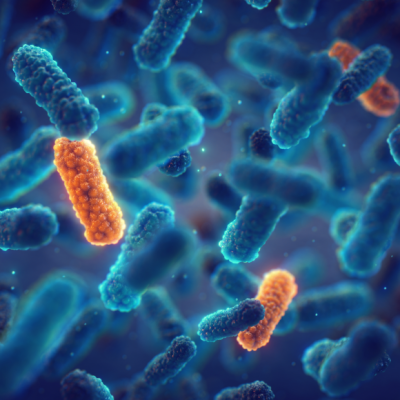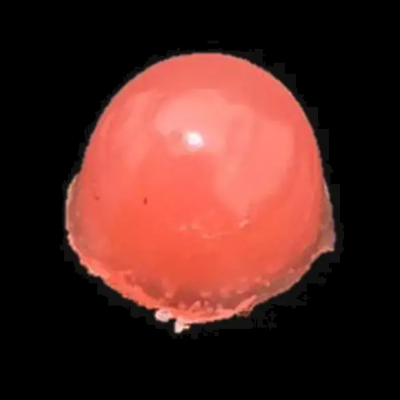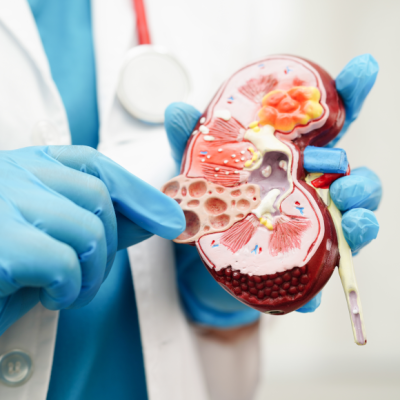Science Shop
Advertisement
Lab-made enamel replaces lost teeth.
- By Rolf Lewis
- . August 17, 2023
Researchers at the University of Washington have made a significant breakthrough in the regeneration of teeth. Using stem cells, they have produced organoids that can

Oral hygiene affects brain health.
- By Rolf Lewis
- . August 17, 2023
Poor oral hygiene has been linked to brain shrinkage, according to a study by researchers at Tohoku University in Japan. The study, published in the

New approach to combat resistant bacteria
- By Rolf Lewis
- . August 17, 2023
A new class of molecules has been discovered that inhibits the efflux pump of bacteria, potentially leading to new antibiotics that work against multi-resistant bacteria.

Weekend Sleep Catch-Up: Myth or Reality?
- By Rolf Lewis
- . August 14, 2023
A recent study conducted by researchers at Pennsylvania State University (PSU) has shown that despite the high health risks associated with sleep deprivation, only 65%

Vegan Gummy Vitamins Prevent Nutrient Deficiency
- By Rolf Lewis
- . August 14, 2023
A new plant-based “gummy” has been developed that can provide vegans and vegetarians with essential vitamins B12 and D3. According to a study by the

Creating Artificial Blood Vessels from Human Tissue
- By Rolf Lewis
- . August 13, 2023
A new method has been developed by scientists at the University of Melbourne that can produce blood vessels from human tissue quickly and cost-effectively. These

Light exercise boosts senior cognition.
- By Rolf Lewis
- . August 13, 2023
A new study conducted by researchers at the University of Tsukuba in Japan has found that light exercise, such as low-intensity cycling or yoga, can

Surprising Cause of Kidney Disease Discovered
- By Rolf Lewis
- . August 13, 2023
A groundbreaking study has identified the surprising cause of IgA Nephropathy, a common kidney disease. Previously, the cause of the disease was unknown, and there

Red Meat: Not as Unhealthy?
- By Rolf Lewis
- . August 10, 2023
A new study has found that it is not red meat that causes inflammation, but rather the weight of the individuals consuming it. Inflammation is

Surprising Link Found Between Dementia and Physical Work
- By Rolf Lewis
- . August 10, 2023
A new study by the Norwegian Institute of Public Health has found a paradoxical link between physical activity at work and the risk of cognitive









